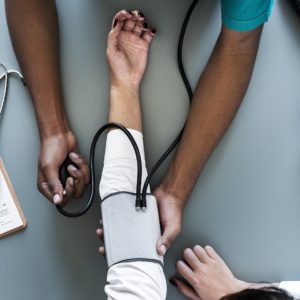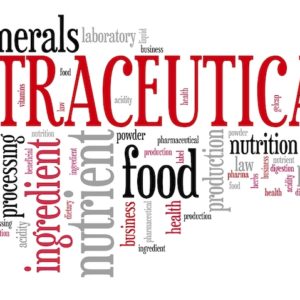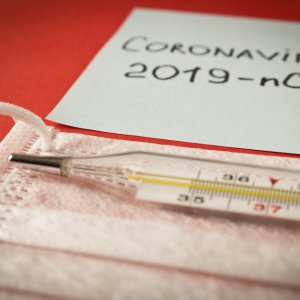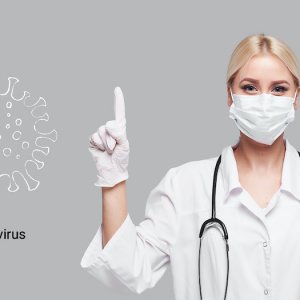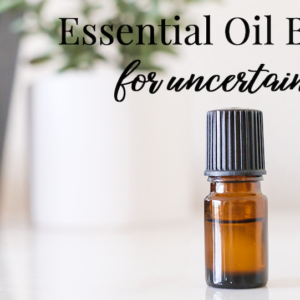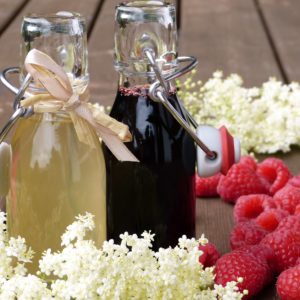With the increase of influenza and Coronavirus cases in the U.S., many people are concerned about the incidence of cytokine storm, or cytokine release syndrome (CRS). This refers to a severe immune overreaction. The term “cytokine storm” calls up vivid images of an immune system gone awry and an inflammatory response flaring out of control. But what causes this immune system overdrive?
Indeed, the occurrence of cytokine storm has caught the attention of the general public and the scientific community alike. You may have seen mention of it in both the popular media as well as scientific literature. According to a 2012 scientific review, the first real awareness of cytokine storm began with the avian flu in 2005, but researchers have actually studied it much longer, and they are just now beginning to understand this phenomenon.

Cytokines
One of the main functions of cytokine proteins is control of cell proliferation and differentiation and the regulation of immune and inflammatory responses. Certain cytokines, including interleukins and chemokines, are immune system regulators. The mechanisms by which they operate during acute-phase response to infection results in a range of local and systemic effects, including inflammation.
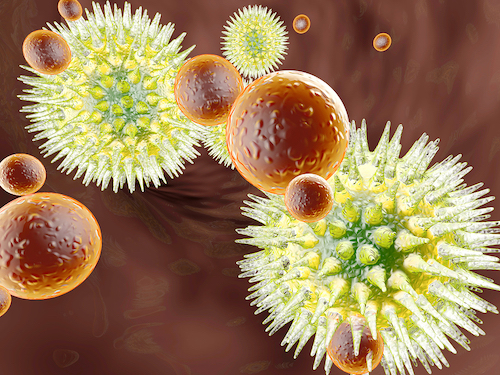
The body commonly releases these pro-inflammatory proteins in response to viral infection. This results in the recruitment of immune system cells to the site of infection. It’s one of the ways the body fights off the pathogen that’s making you sick.
Wait, so does that mean that inflammation is good?
That’s right. . .inflammation is not always bad. During an acute illness, you actually need inflammation. Increasing inflammation spurs the immune system into action to aggressively fight off pathogens.
Who is at Risk?
Most healthy people will never have to worry about this kind of immune system overdrive. The immune system works amazingly well at combatting pathogens and regulating the release of cytokines and other agents that boost immunity. But some people may be at higher risk for this type of reaction.
Targeted Therapy Patients
Individuals undergoing targeted immune therapy to combat diseases like cancer may be at increased risk. Monoclonal antibody drugs (MABs) are synthetic antibodies produced in a lab that specifically target a certain antigen, such as one found on cancer cells. These man-made proteins can confuse the body’s natural response to infection, thereby causing cytokine storm.
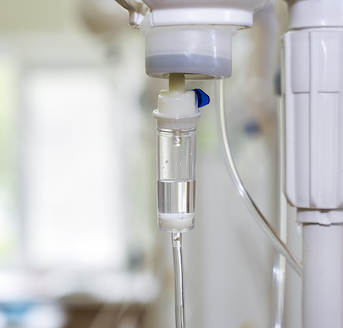
The likelihood of MABs causing cytokine release syndrome is so common, CRS is also known as infusion syndrome, and treatments revolve around removing the offending agent. In fact, cytokine storm not related to MABs is extremely rare.
Some researchers also note that chemotherapy patients may be at higher risk for cytokine storm. This is likely due to the fact that chemotherapy not only inhibits the body’s ability to clear infections, but may alter the regulatory immune response to infection.
Specific Viral Infections
Some virulent viruses, namely the H5N1 influenza, may also increase a person’s risk of cytokine storm. The mechanism by which certain viruses dysregulate the immune system is not clearly understood.
Symptoms & Treatment of Cytokine Storm
Symptoms include fever, fatigue, loss of appetite, muscle and joint pain, nausea, vomiting, diarrhea, rashes, fast breathing, rapid heartbeat, low blood pressure, seizures, headache, confusion, delirium, hallucinations, tremor, and loss of coordination.
Supportive Care
Most occurrences simply require supportive care. Fever reducing medicines, extra sleep, and over-the-counter pain relievers will help most cases.

Prescription Drugs
Rarely, the use of immune suppressing drugs, such as corticosteroids, may be in order. However, most of the time these drugs are not used to treat CRS because of the contraindications and high risk of toxicity and adverse reactions.
Natural Support
One study discusses the value of natural melatonin as a preventive for CRS. Melatonin may inhibit the production of certain interleukins as well as help regulate immune system response.
Some evidence suggests that curcumin, found in turmeric and ginger, can help prevent and/or treat cytokine storm as well.
One review suggests the value of antioxidant support, flavonoids, and certain herbs for preventing CRS, but as of yet, no clinical studies exist to back this up.
The Burning Question: What About Elderberry?
A thorough search for documented cases where elderberry caused cytokine storm turned up fruitless. However, studies show that Sambucol Elderberry Extract activates the healthy immune system by increasing inflammatory cytokine production.
Moreover, elderberry inhibits the early stages of a viral infection by blocking key viral proteins responsible for both the viral attachment and entry into the host cells.
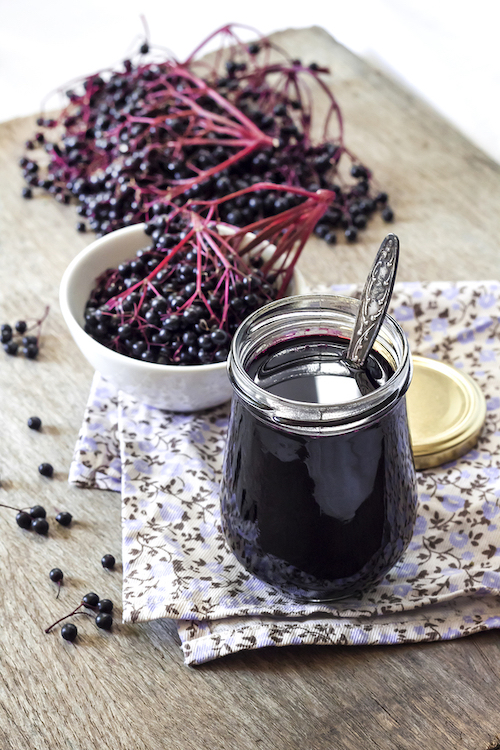
So yes, elderberry does increase cytokines. It’s immunostimulatory effects increase the release of both inflammatory and anti-inflammatory cytokines. As with all herbs, the actions are adaptogenic based on what the body needs.
However, it is highly unlikely that elderberry alone can be attributed to causing a cytokine storm. Rather, patients with a predisposition to CRS, such as those undergoing chemotherapy or taking MABs, may want to avoid elderberry and other immune-stimulating treatments.
If you take elderberry and experience symptoms of CRS, there may be an imbalance in the immune system such as an underlying deficiency in other vitamins and minerals needed for the immune system. Load up on vitamins D, C, Bs, zinc, and selenium.
The best option is to prevent getting sick in the first place. Check out this recipe for homemade Elderberry Syrup as well as 10 Ways to Avoid Getting the Flu.





